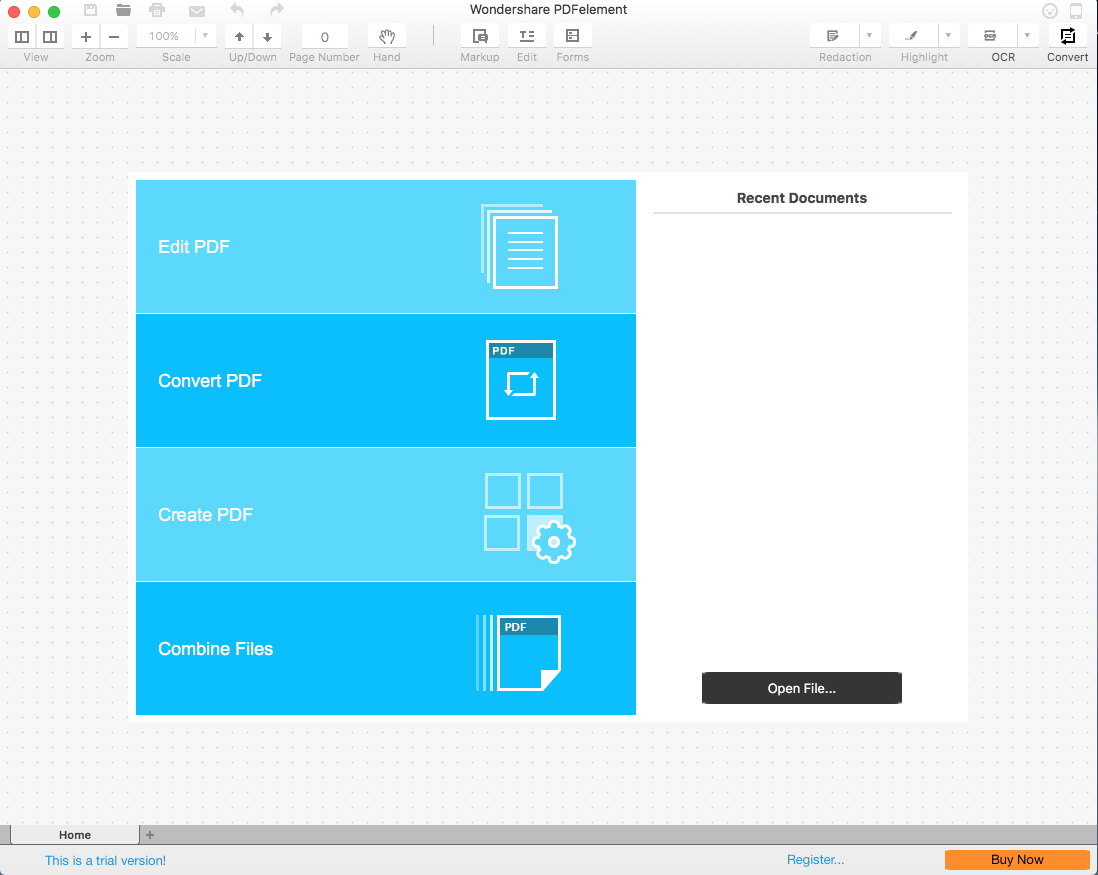Jre For Mac Sierra

I'm trying to install the latest Eclipse Oxygen release (eclipse-inst-mac64.tar.gz downloaded today) onto macOS 10.12.5 (Sierra). This page describes how to install and uninstall JRE 8 on OS X computers.
Java Runtime Environment for Mac (JRE for Mac) allows you to play online games, chat with people around the world, calculate your mortgage interest, and view images in 3D, just to name a few. It's also integral to the intranet applications and other e-business solutions that are the foundation of corporate computing. The Java Runtime Environment for Mac (JRE) provides the libraries, the Java Virtual Machine, and other components to run applets and applications written in the Java programming language. In addition, two key deployment technologies are part of the JRE: Java Plug-in, which enables applets to run in popular browsers; and Java Web Start, which deploys standalone applications over a network. Many cross platform applications also require Java to operate properly. Note: Requires 64-bit web browser. Administrator privileges for installation.
Also Available.
Oracle's Java version 7u25 and below have been disabled by Apple on OS X. Updating to the latest release will allow Java to be run on Mac OS X. » » » » » » » » » » » » » » » » » » » » » » See information about.
Yes, see the instructions on the Apple website. If you have JDK 7 or later versions installed on your system and you want to restore Apple Java 6, then those JDK versions need to be uninstalled first. See the instructions to.
Operating system requirements: For Java 7 and later versions, you will need an Intel-based Mac running Mac OS X version 10.7.3 (Lion) and above. Installing Java on a Mac is performed on a system wide basis, for all users, and administrator privileges are required. Java can not be installed on a per-user basis. Browser requirements: A 64-bit browser (Safari, for example) is required to run Oracle Java on Mac. For Java versions 6 and below, Apple supplies their own version of Java. For Mac OS X 10.6 and below, use the feature (available on the Apple menu) to check that you have the most up-to-date version of Java 6 for your Mac. For issues related to Apple Java 6 on Mac, contact Apple Support.
Oracle and Java.com only support Java 7 and later, and only on 64 bit systems. Mac OS X and Apple Java 6 End of Life Apple has posted notice that Mac OS X 10.11 (El Capitan) will be the last OS X release that supports Java 6, and as such, recommends developers whose applications depend on Java 6 to migrate their apps to a newer Java version provided by Oracle. 
» (apple.com). Chrome browser versions 42 and above. Starting with Chrome version 42, Chrome has disabled the standard way in which browsers support plugins. You can download Java from java.com. Mac OS X 10.6 and below: Apple's Java comes pre-installed with your Mac OS. Mac OS X 10.7 (Lion) and above: Java is not pre-installed with Mac OS X versions 10.7 and above. To get the latest Java from Oracle, you will need Mac OS X 10.7.3 and above.
If you have Java 7 or later versions, you will see a Java icon under System Preferences. Java versions 6 and below are listed in the Java Preferences.app located in the Applications > Utilities folder on your Mac. Mac OS X 10.7.3 and above: Under System Preferences click on the Java icon to access the Java Control Panel which will list your Java version.

If you do not see a Java icon under System Preferences, Java 7 or later versions is not installed. When you install Oracle Java on your Mac (Lion and above), Java will be enabled by default. If you are running a Java application in the browser, you will need to also check that. For earlier versions of Java, check the Apple Support site. See See See For Java versions 6 and below, Apple supplies their own version of Java.
Use the feature (available on the Apple menu) to check that you have the most up-to-date version of Apple's Java for your Mac. Users of Lion Mac OS X 10.7.1 and 10.7.2 should upgrade to 10.7.3 or later versions, so you can get the latest Java version from Oracle.
Oracle highly discourages users from using older versions of Java. Installing old and supported versions of Java on your system presents a serious security risk. Upgrading to the latest version of Java ensures that Java applications will run with the most up-to-date security and performance improvements on your system. You can confirm that you have the latest version on the. If installing an older version of Java is absolutely required, you must first uninstall the current version. See the instructions on the. Apple disables the Java plug-in and Webstart applications when the Java update is done using Software Update.